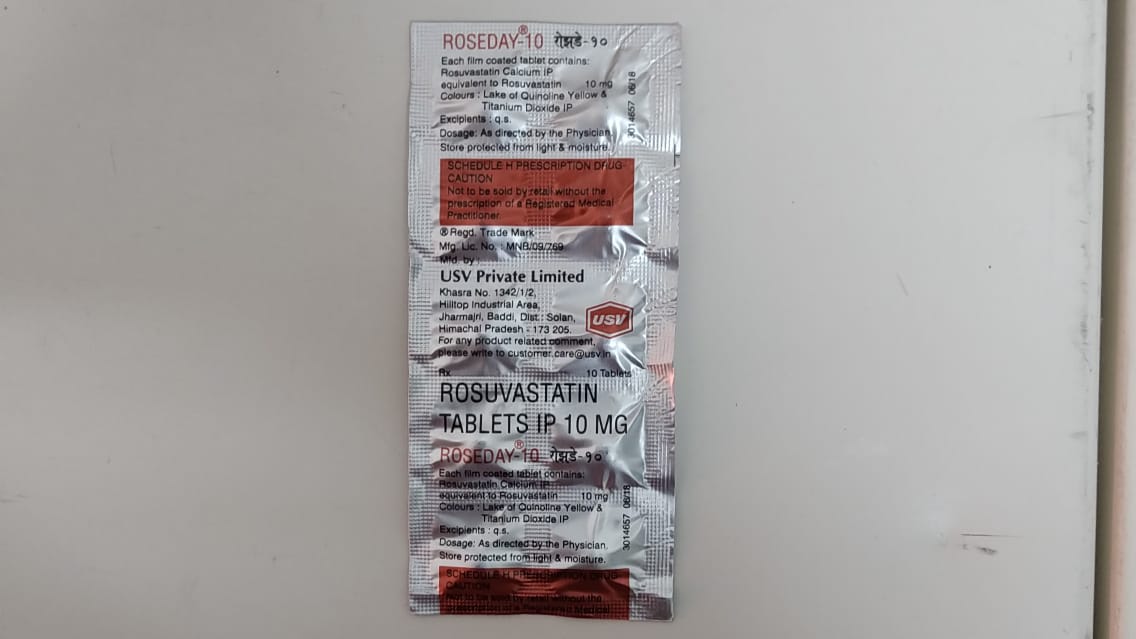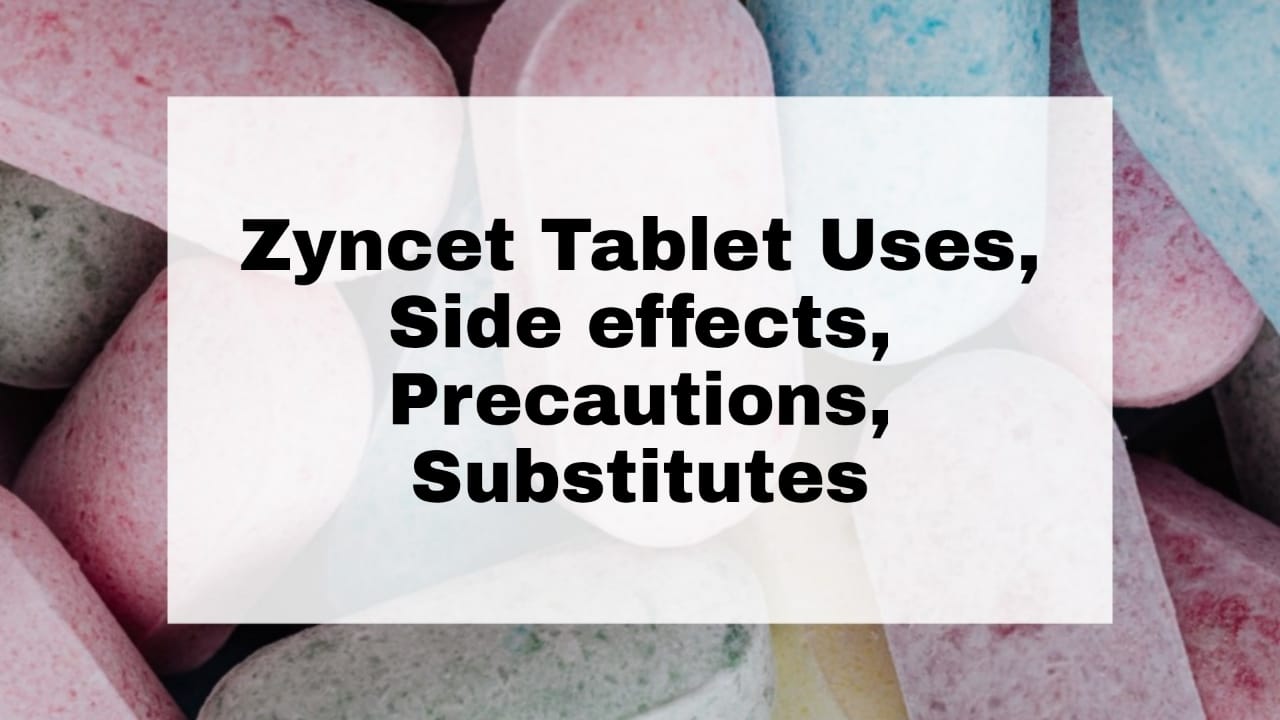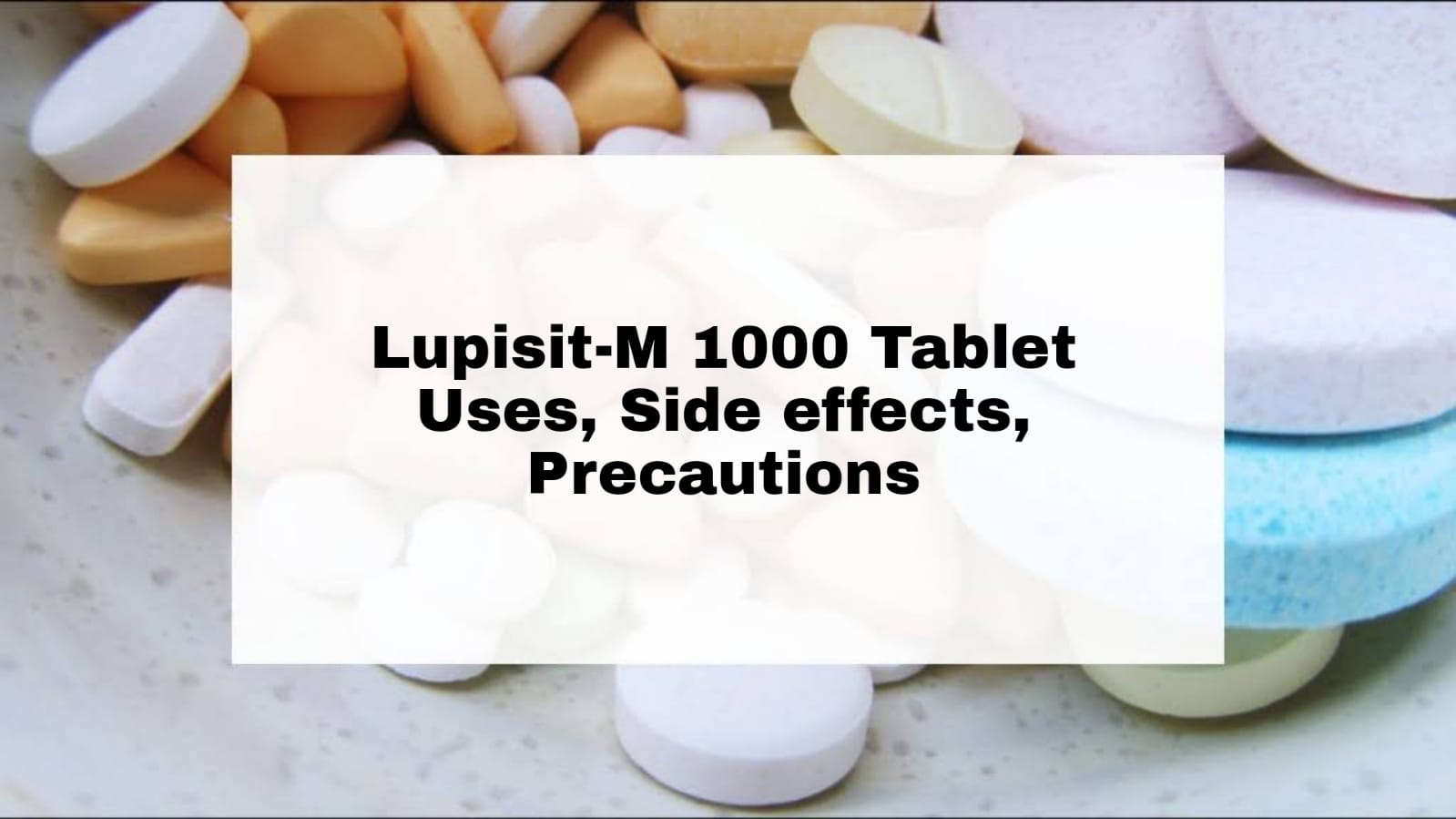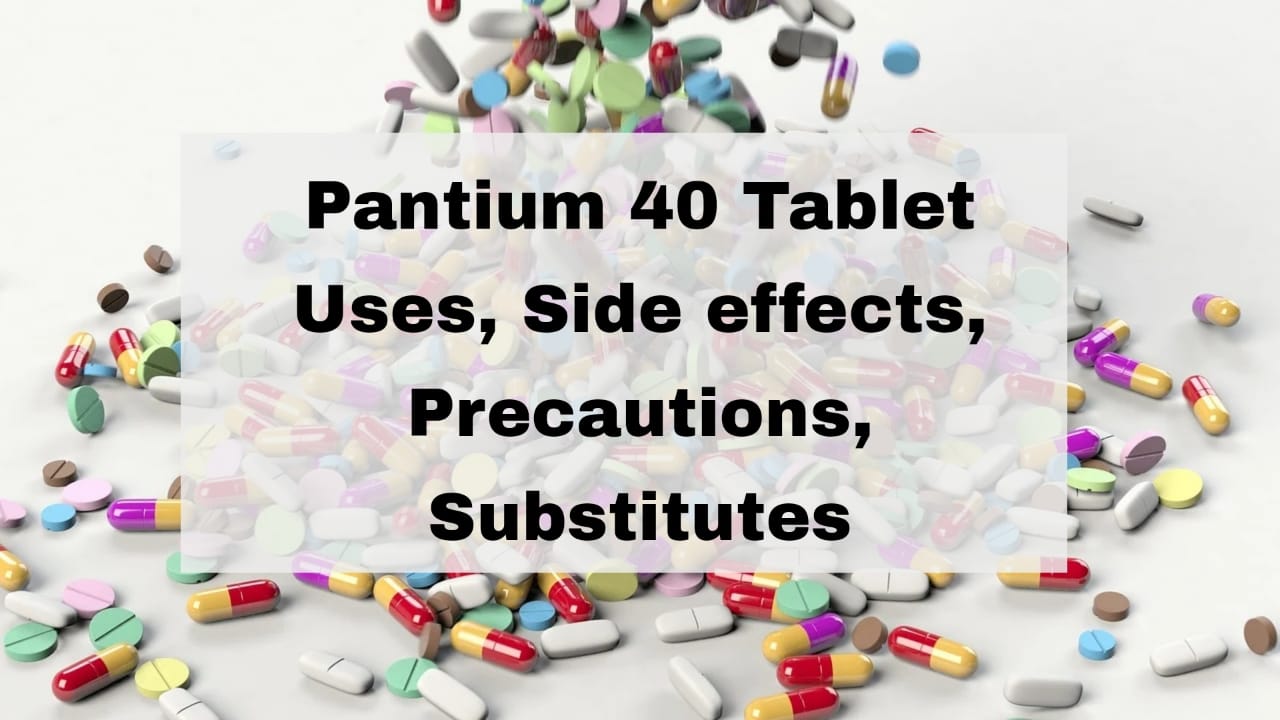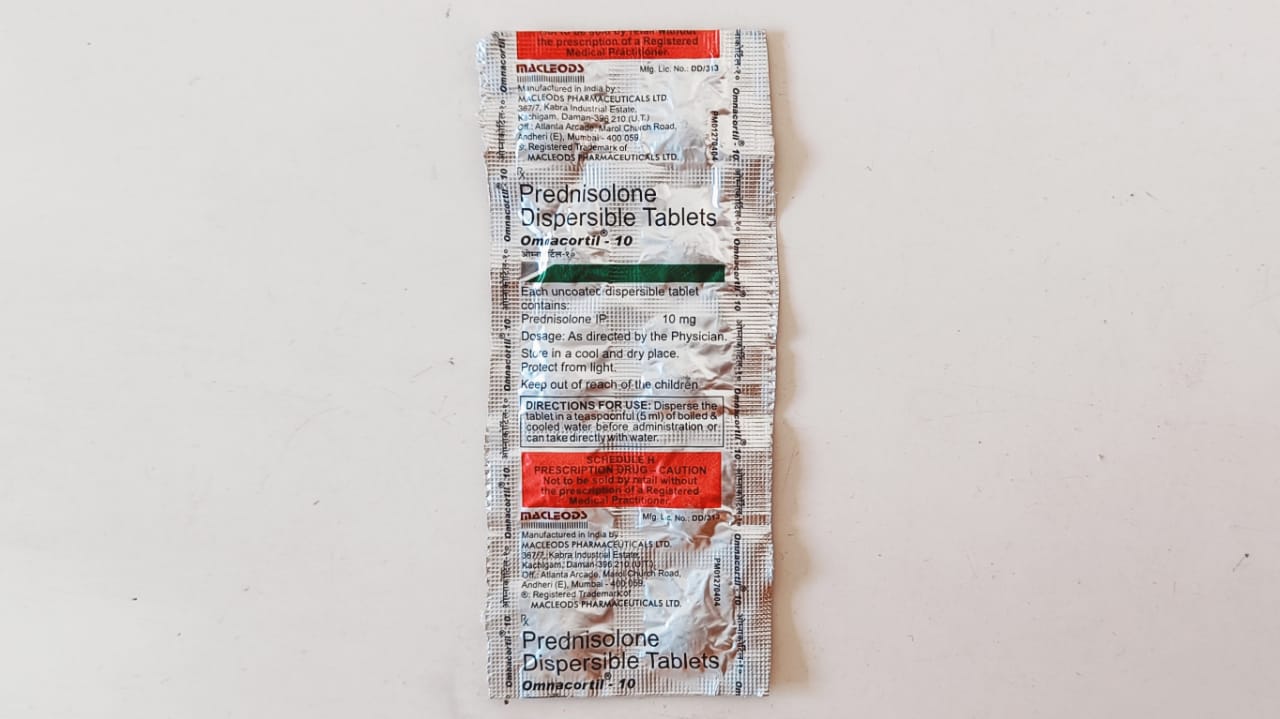Shelcal Syrup uses, side effects, precautions
| Composition | Calcium (250mg/5ml) + Vitamin D3 (125 IU/5ml) |
| Company | Torrent Pharmaceuticals Ltd |
| Medicine type | Mineral + Vitamin supplement |
| Prescription required | No |
| Route of administration | Oral |
| Uses | Calcium deficiency, Bone disorders |
| Side effects | Hypercalcemia, Constipation, Stomach upset |
| Precautions | Hypersensitivity, Liver or Kidney disease |
General uses of Shelcal Syrup
Shelcal Syrup is a combination of two medicines. It is generally used in the prevention and treatment of calcium deficiency.
Shelcal Syrup is used in the treatment of conditions associated with low body calcium levels such as hypocalcemia (body has low blood calcium levels than normal), osteoporosis (porous bones), osteopenia (lower bone density), and rickets or osteomalacia (softening of bones).
It may also be recommended during pregnancy and breastfeeding to prevent calcium deficiency.
Ingredients of Shelcal Syrup
Calcium: Shelcal Syrup contains calcium (250mg/5ml). Calcium is a vital mineral that our body needs to keep our bones and teeth strong. It also plays an important role in performing heart, nerve, and muscle functions. Calcium also aids in blood clotting.
Vitamin D3: Shelcal Syrup contain vitamin D3 (125 IU/5ml). Vitamin D3 helps the body to absorb more calcium and phosphorous from the food and helps in preventing and treating calcium deficiency.
How does Shelcal Syrup work? / Mechanism of action
Calcium in Shelcal Syrup works by fulfilling the body’s calcium requirement while vitamin D3 in this syrup helps the body to absorb more calcium from the food.
Both of the ingredients in this medicine work together to fulfill the body’s calcium requirement and helps in preventing and treating conditions associated with low body calcium levels.
When Shelcal Syrup is Prescribed?
Shelcal Syrup is generally prescribed in conditions associated with low body calcium levels such as:
Hypocalcemia: A condition in which the blood has a very low calcium level than normal. Your doctor may prescribe Shelcal Syrup in the treatment of hypocalcemia.
Osteoporosis: Osteoporosis means “porous bones”. It is a condition in which the bones get brittle and weak. It is mainly due to low calcium intake. Shelcal Syrup helps in fulfilling the calcium requirement in the body and is usually recommended in the treatment and prevention of osteoporosis.
Osteomalacia: Osteomalacia means “soft bones”. It is a condition when the bones get softer and becomes more likely to break. It is mainly caused by the deficiency of vitamin D. Shelcal Syrup may be recommended to fulfill the vitamin D requirement in patients with osteomalacia.
Hypoparathyroidism: It is a condition in which the body produces low levels of parathyroid hormone (PH). The parathyroid hormone helps in regulating calcium and phosphorous levels in the body. Producing low parathyroid hormone causes low calcium levels in the blood. Shelcal Syrup may be recommended in patients with hypoparathyroidism.
Vitamin D deficiency: Shelcal Syrup may be recommended in patients with having deficiency of vitamin D.
Pregnancy and breastfeeding: Shelcal Syrup may be prescribed for pregnant and lactating mothers to prevent calcium deficiency.
Side effects of Shelcal Syrup
Shelcal Syrup may cause some side effects like:
- Stomach upset
- Nausea
- Vomiting
- Constipation
- Hypercalcemia
Precautions
Hypersensitivity: You should avoid using this medicine if you are hypersensitive (allergic) to any of the ingredients of Shelcal Syrup.
Liver or Kidney disease: Shelcal Syrup should be used with caution in patients with having any liver or kidney disease.
Pregnancy and breastfeeding: Pregnant and lactating mothers should consult their doctor before using Shelcal Syrup.
How to use Shelcal Syrup?
Take the dose of Shelcal Syrup as advised by your doctor.
You should take Shelcal Syrup after having a meal for better absorption.
Try to use a measuring cup for the exact prescribed quantity.
Storage
Store Shelcal Syrup at room temperature.
Keep this medicine away from direct sunlight.
Keep this medicine away from kids and pets.
Do not freeze or refrigerate Shelcal Syrup.
Tell your doctor if:
- You are allergic to any of the ingredients of Shelcal Syrup.
- You have any liver or kidney disease.
- You’re a pregnant or breastfeeding woman.
- You are taking some other medicines.
- You are taking some other vitamin supplements.
Some FAQs
Shelcal Syrup is a combination of two medicines. It is generally used in conditions associated with low body calcium levels such as hypocalcemia, osteoporosis, and osteomalacia.
Yes, your doctor may prescribe Shelcal Syrup in pregnancy to prevent calcium deficiency. But you should use this medicine in pregnancy only if it is prescribed by your doctor.
For adults, Shelcal Syrup is usually recommended 5ml-10ml a day. But the dose and duration of this medicine are not the same for all and depend on many factors. You should always consult your doctor about the dose and duration of this medicine.
Yes, It is probably safe to use Shelcal Syrup for babies. But you should give your child this syrup only if it is prescribed by your doctor.
Summary
Shelcal Syrup is a combination of two medicines i.e. calcium and vitamin D3. It is mainly used in conditions caused by calcium deficiency like hypocalcemia (low calcium level in the body than normal), osteoporosis (porous bones), osteomalacia (softening of bones), and osteopenia (lower bone density).
This medicine may also be prescribed for pregnant and lactating mothers to prevent calcium deficiency.
Shelcal Syrup should be used with caution in patients with having any liver or kidney disease.
Disclaimer: The information contained in pharmbaba.com is presented for the purpose of educating consumers. Nothing contained in pharmbaba.com is intended to be instructional for medical diagnosis or treatment. The information should not be considered complete, nor should it be relied on to suggest a course of treatment for a particular individual. Information obtained in pharmbaba.com is not exhaustive and does not cover all diseases, ailments, physical conditions, or their treatment.



